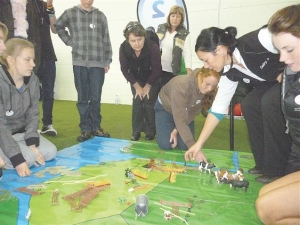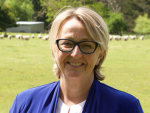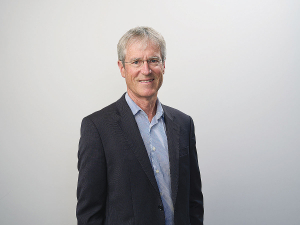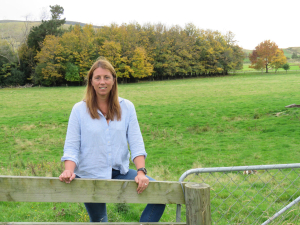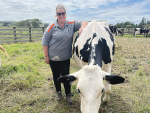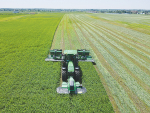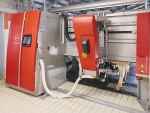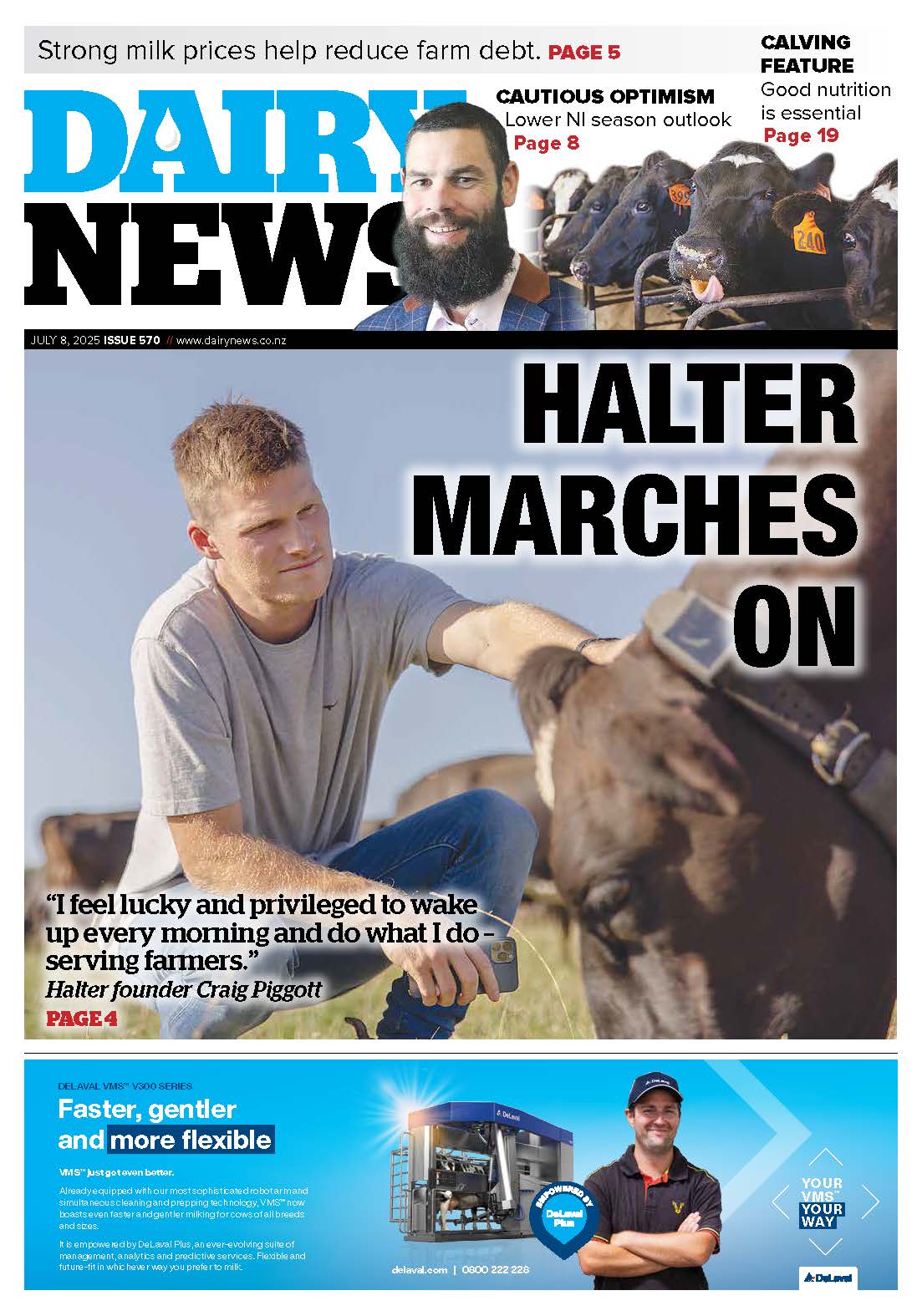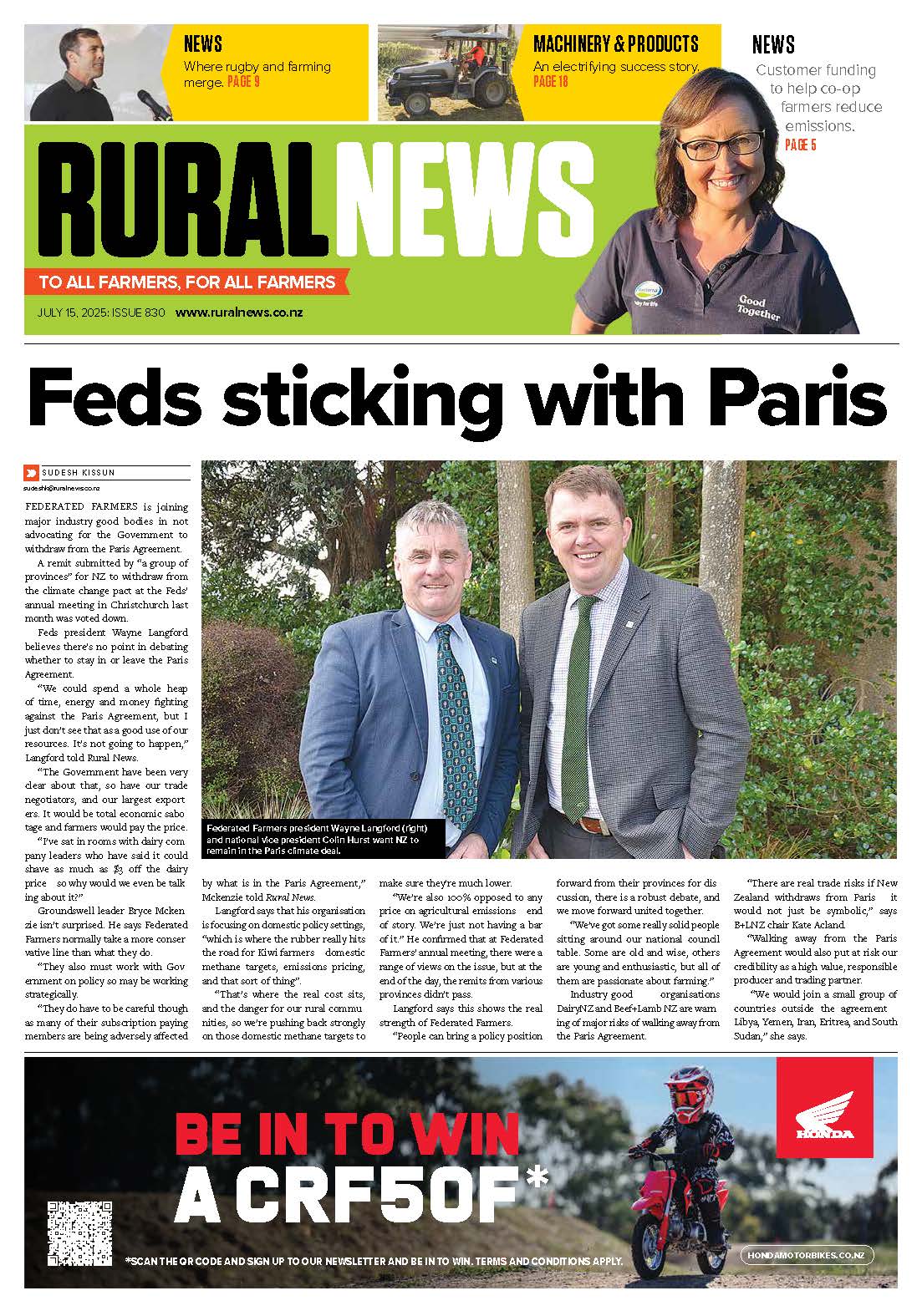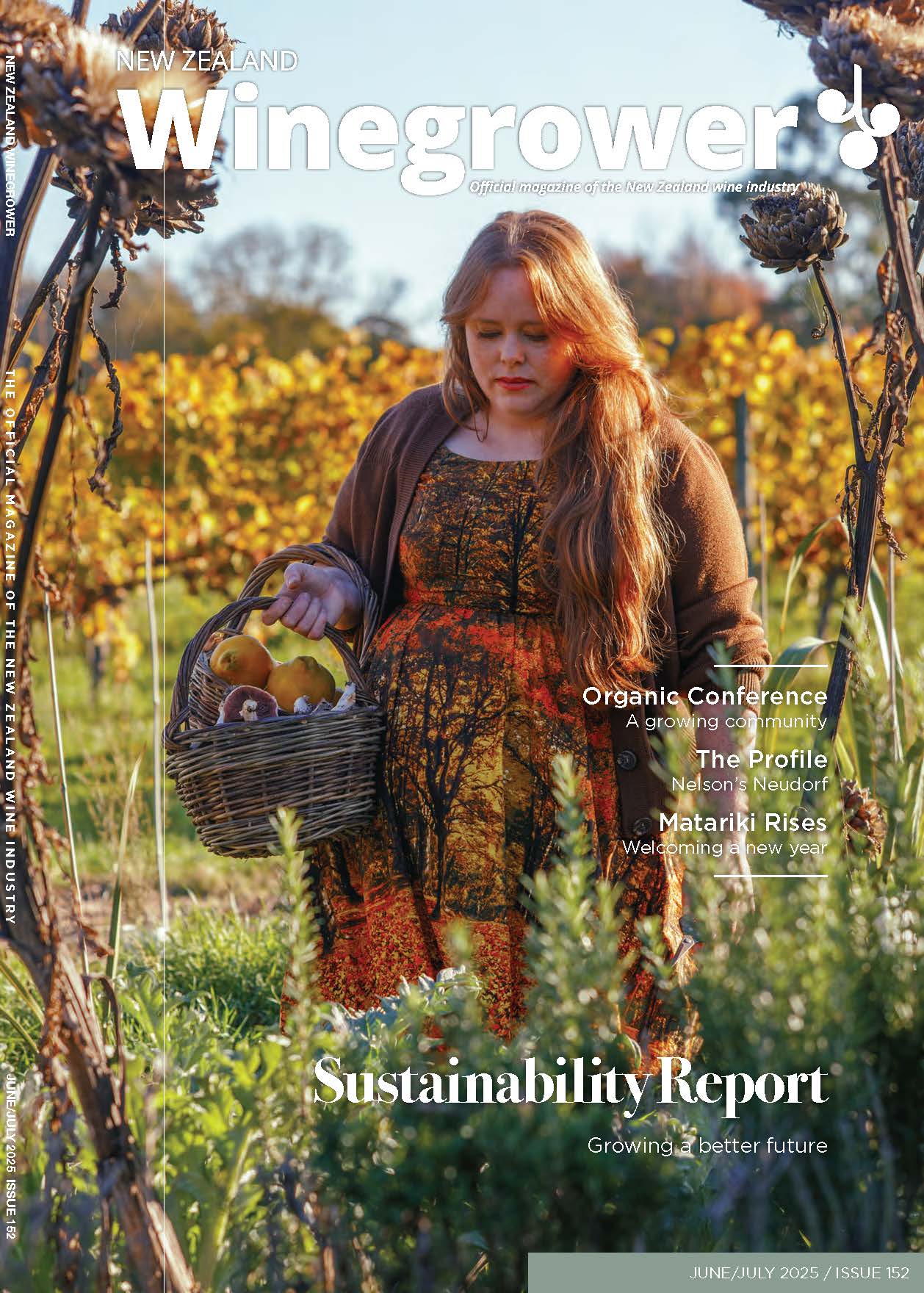After finishing her Bachelor of Applied Science (now known as AgriScience) at Massey University, Hull was offered two different jobs with banks and another with DairyNZ as a graduate consulting officer.
“The primary industry is a strong space for careers with all the new technology, compliance and requirements on farm,” says Hull.
“The industry requires a lot more grads now, so there are plenty of jobs out there.”
The primary sector often goes unnoticed as a viable career path for many young people, even though it is one of the most lucrative industries in the country.
Federated Farmers reports that agriculture, together with the food and forestry sectors, generate 70% of New Zealand’s merchandise export earnings. So it’s no wonder graduates in the primary sector earn an average salary of $55,000, well above the national average of $46,000.
In efforts to educate secondary students of the range of career possibilities within the primary industry, New Zealand Young Farmers, Beef+Lamb NZ and DairyNZ have joined forces and for the last three years to run Get Ahead Career Experience Days.
There are 10 days held around the country annually and over 1000 students attend to hear from successful industry professionals and learn about different career pathways.
They can meet with universities and training centre representatives to ask questions and find out about scholarships available. The days showcase both the on-farm and business related career opportunities – from pasture to plate, there is a career for everyone.
Based in the Manawatu/Horowhenua area, Hull says her job is busy and it’s never quite the same.
Hull, 24, works with farmers to gain an understanding of their goals and creates opportunities for them to produce positive on farm change. “It’s never a boring day,” she says.
There is more to the primary industry than just gumboots and milking cows, there are different talents and skill sets that all have a place and contribute to the success of the industry.
“There is definitely a huge demand for people in the primary sector,” she said. Dairy NZ estimates the primary industry will need at least 1250 agriculture-related graduates every year for sustainable growth.
But it’s not just a numbers game. The industry will need skilled, qualified and capable workers to sustain its future and it starts with encouraging students into the primary sector and educating the future leaders.
KPMG reported on average just over two-thirds of rural New Zealand students are completing their secondary education, compared to the 76% national average.
Hull is impressed with the Get Ahead programme: “It’s great to see how enthusiastic and keen all these young kids are to learn about agriculture and a great opportunity for the ones who perhaps haven’t seen the career pathways in the agriculture sector,” she says.





